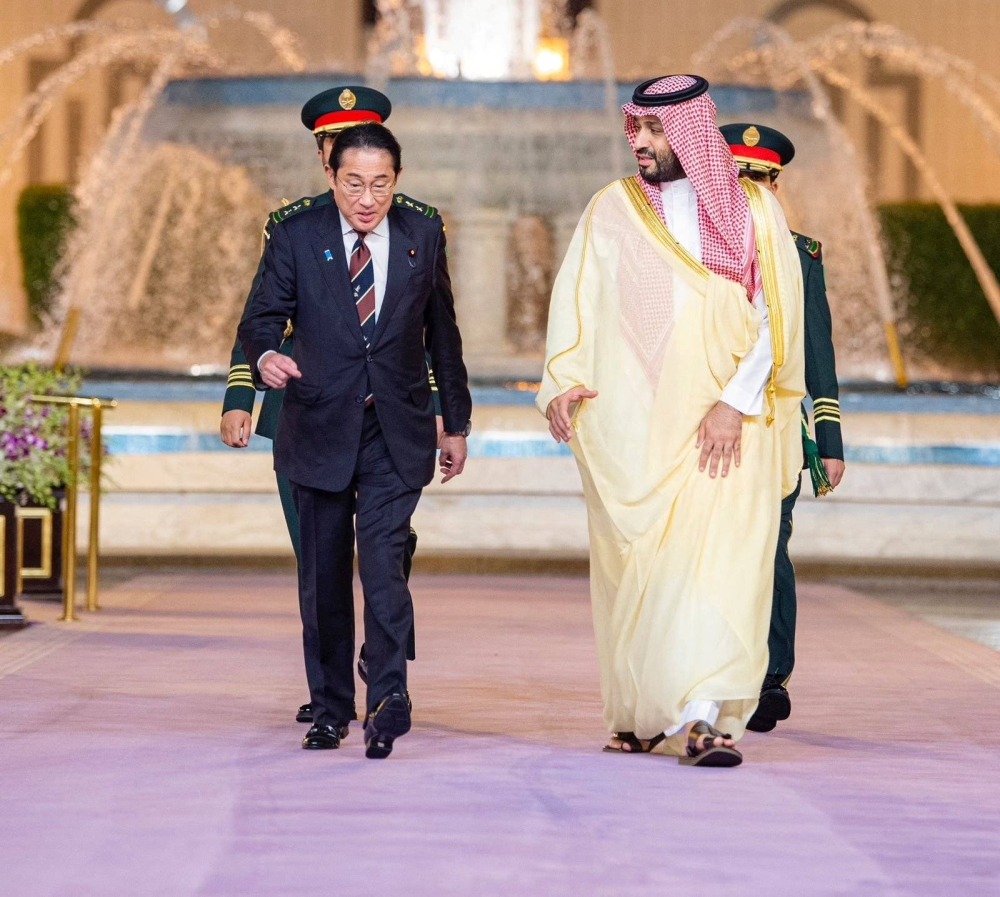


Asian powers like India, Japan, and South Korea should collaborate on maritime security in the Middle East to protect their energy interests. With increasing dependence on Middle Eastern oil and growing geopolitical risks, these countries need to use maritime security mechanisms to safeguard their critical economic arteries. Joint patrols in the Persian Gulf and cooperation with regional partners like Oman can be effective strategies. As the transition to green energy will take time, ensuring secure supplies of oil and gas is crucial for Asian economies. Japan, as an Indo-Pacific power and the third-largest economy in the world, has the potential to play a major role in linking the Indo-Pacific and the Middle East. Despite its significant energy relationships with Middle East fossil-fuel exporters and growing technology investments in Israel, Japan has not been actively involved in strategic discussions in the region. However, with the current conflict in the Middle East and upcoming elections in America, Taiwan, Korea, and Japan, 2024 could be a turning point for Japan's involvement in the region. [71197c04]
India, Japan, and South Korea, as major Asian powers, are recognizing the importance of working together to protect their energy interests in the Middle East. With the Middle East being a crucial source of oil and gas, these countries are becoming increasingly dependent on the region for their energy needs. However, the geopolitical risks in the Middle East pose a threat to the stability of energy supplies. Therefore, it is essential for these countries to collaborate on maritime security to ensure the safety and security of their critical economic arteries. [ef96f872]
One effective strategy for ensuring maritime security in the Middle East is through joint patrols in the Persian Gulf. By conducting joint patrols, India, Japan, and South Korea can enhance their presence in the region and deter potential threats. Additionally, cooperation with regional partners like Oman can further strengthen their maritime security efforts. Oman, with its strategic location and strong ties with these Asian powers, can play a crucial role in facilitating collaboration and information sharing. [ef96f872]
Furthermore, as the world transitions to green energy, it is important to note that this shift will take time. In the meantime, ensuring secure supplies of oil and gas remains crucial for the economies of India, Japan, and South Korea. Collaborating on maritime security in the Middle East will help safeguard their energy interests and mitigate the risks associated with geopolitical tensions in the region. [ef96f872]
Japan, as an Indo-Pacific power and the third-largest economy in the world, has the potential to play a major role in linking the Indo-Pacific and the Middle East. Despite its significant energy relationships with Middle East fossil-fuel exporters and growing technology investments in Israel, Japan has not been actively involved in strategic discussions in the region. However, with the current conflict in the Middle East and upcoming elections in America, Taiwan, Korea, and Japan, 2024 could be a turning point for Japan's involvement in the region. [c24b586b]